2021 was a difficult year. In the beginning, it was faced with the third wave of the pandemic. Vaccinations were quite low and the economy was forced to operate with restrictive measures. Gradually, however, normalcy began to return. The beginning of 2022 will be completely different from the corresponding beginning of 2021. There are now many weapons to stop the coronavirus and considerable experience has been accumulated. But most important of all is the fact that, as the data show, the economy has not only withstood this crisis, but is showing impressive momentum.
The recently published Eurostat data give the first place in the Greek economy in terms of growth rate in the third quarter of 2021: 13.4% in Greece, second best Romania with 8%, third Hungary with 6.1%, while the strong eurozone economies grew from 2.5% (Germany) to 3.8% (Italy), with France at 3.3% and Spain at 2.7%.
In absolute terms, Greek GDP in the third quarter amounted to 46.4 billion euros, which is the highest domestic performance of the last decade. A 6% growth in the fourth quarter of the year is enough to produce an annual growth rate of 8.5%. Since last year during the festive season the market was trying to balance between lockdown, click away, and appointment shopping, with restaurants totally shut down, a 6% expansion in the last quarter is considered entirely feasible. In addition, if we look at the qualitative growth data, we will find that it is based on an increase in exports by 48.6% (highest export growth rate of across Europe) and investment by 18.1% (second highest growth rate across Europe).
That is, the growth mix contains “antibodies” to the uncertainties that still exist and which are centered mainly on two elements: the course of the pandemic and inflation. A higher than the officially estimated (6.9%) growth rate means three points lower debt to GDP this year and a substantial carry over in 2022 and 2023 and related creation of additional fiscal space with the possibility of new tax cuts in 2022. A second element that creates optimism for 2022, are the numerous – now – business deals such as those of Digital Realty, Pfizer, Microsoft, CISCO, Oracle, Team Viewer and Amazon Web Services.
Finally, 2021 was a year of new records for the growing Greek startup scene, while it seems that a new wave of start-ups is being created that will stand out and leave their mark in 2022. The pandemic created turmoil and opportunities. The Greek ecosystem of startups, which seems to have taken advantage of these opportunities, is gaining maturity, while it is estimated that their value from 6 billion euros will triple to 15 billion euros within the next five years.
The above good news does not mean that there are no risks and uncertainties. One of them is the new Omicron mutation, which is blurring the landscape, as it could boost the total cost of the pandemic, which, based on government intervention, is estimated at 43.5 billion euros by 2022. Recent data, however, show that the Omicron mutation is not lethal despite its increased transmissibility. So there will be small changes in the severity of the disease and a slight reduction in the effectiveness of vaccines, which will lead to a marginal (and targeted) tightening of restrictive measures, with similar effects on the economy. In another more positive scenario, it will accelerate herd immunity, with obvious implications for economies and markets. In any case, the recovery of our economy does not seem to be in danger from the new mutation. A second factor of uncertainty is inflation.
A careful analysis of the data worldwide leads to the conclusion that the inflationary pressures observed internationally are due to many different conjunctural factors, e.g. imbalances between supply and demand that all appeared in the current situation, which will gradually decline by the summer of 2022.
Apart from these two uncertainties, much will depend on developments regarding European Economic Governance.
Will the European Central Bank continue to include Greek bonds in the quantitative easing program? Will the Stability and Growth Pact change in a direction with greater flexibility and anti-cyclicality? Flexibility must remain a key component of the financial framework while in a revised fiscal framework it is necessary to protect productive investments, such as investments in education, R&D, public infrastructure and transport, as well as green investments.
This implies, however, that it is necessary to take into account and analyze some critical issues related to the categorization of public expenditure (eg distinguishing between productive and non-productive expenditure), as well as the financing of public investment. The need to protect public investment e.g. in the field of health, has become apparent, perhaps more than ever, due to the COVID-19 pandemic.
Mr. Panagiotis Liargovas is the President of Centre of Planning and Economic Research KEPE and the National Productivity Council, Professor at the University of Peloponnese
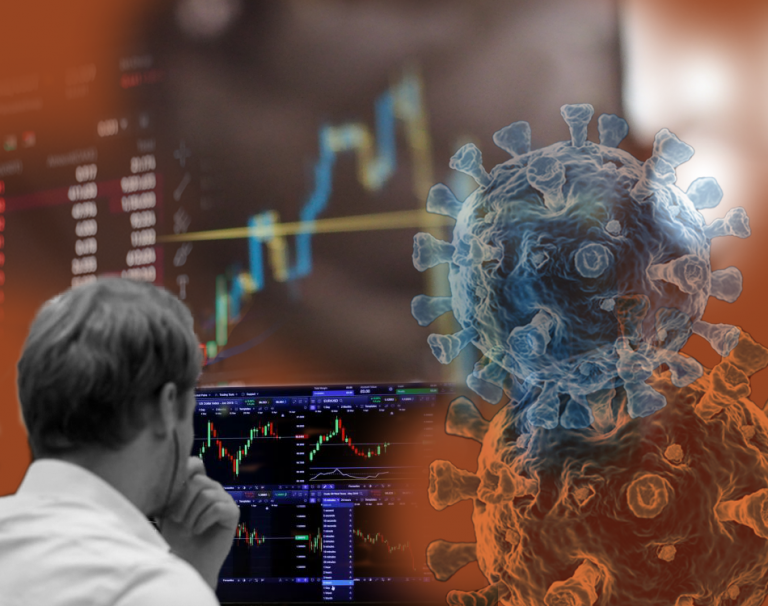
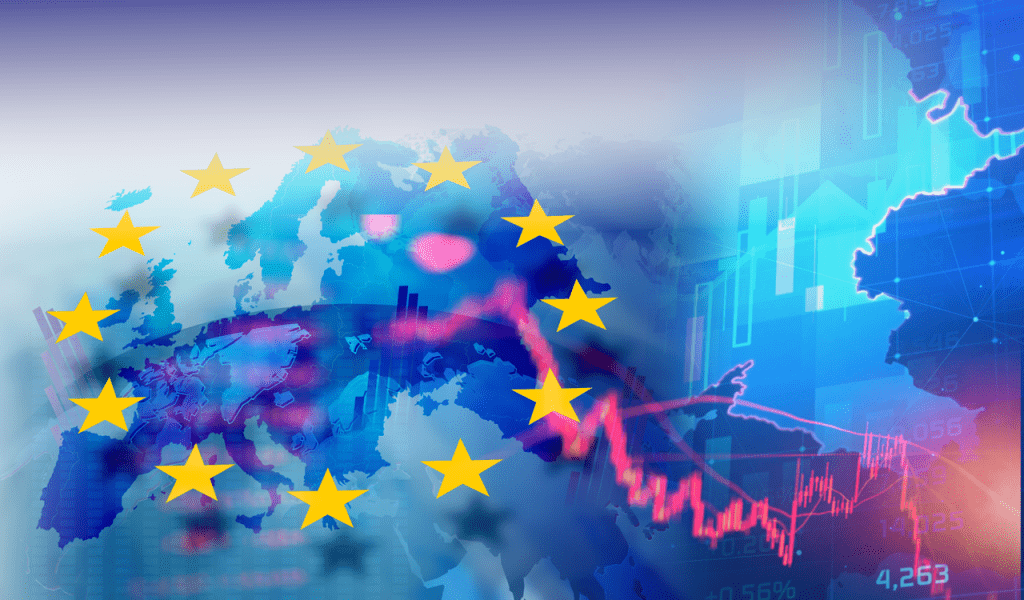
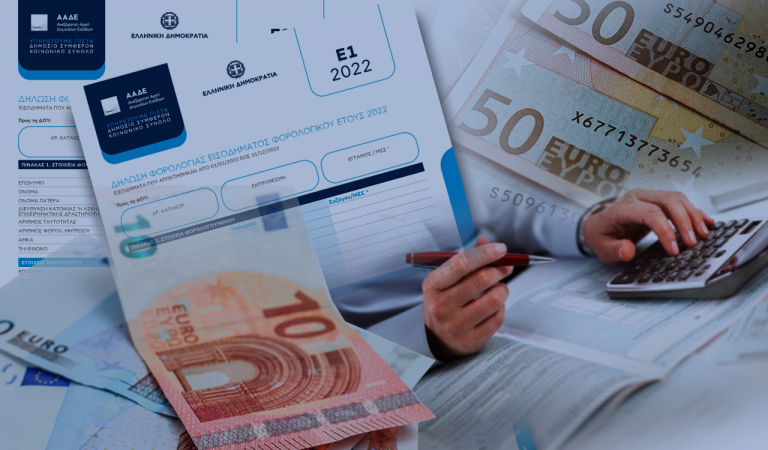

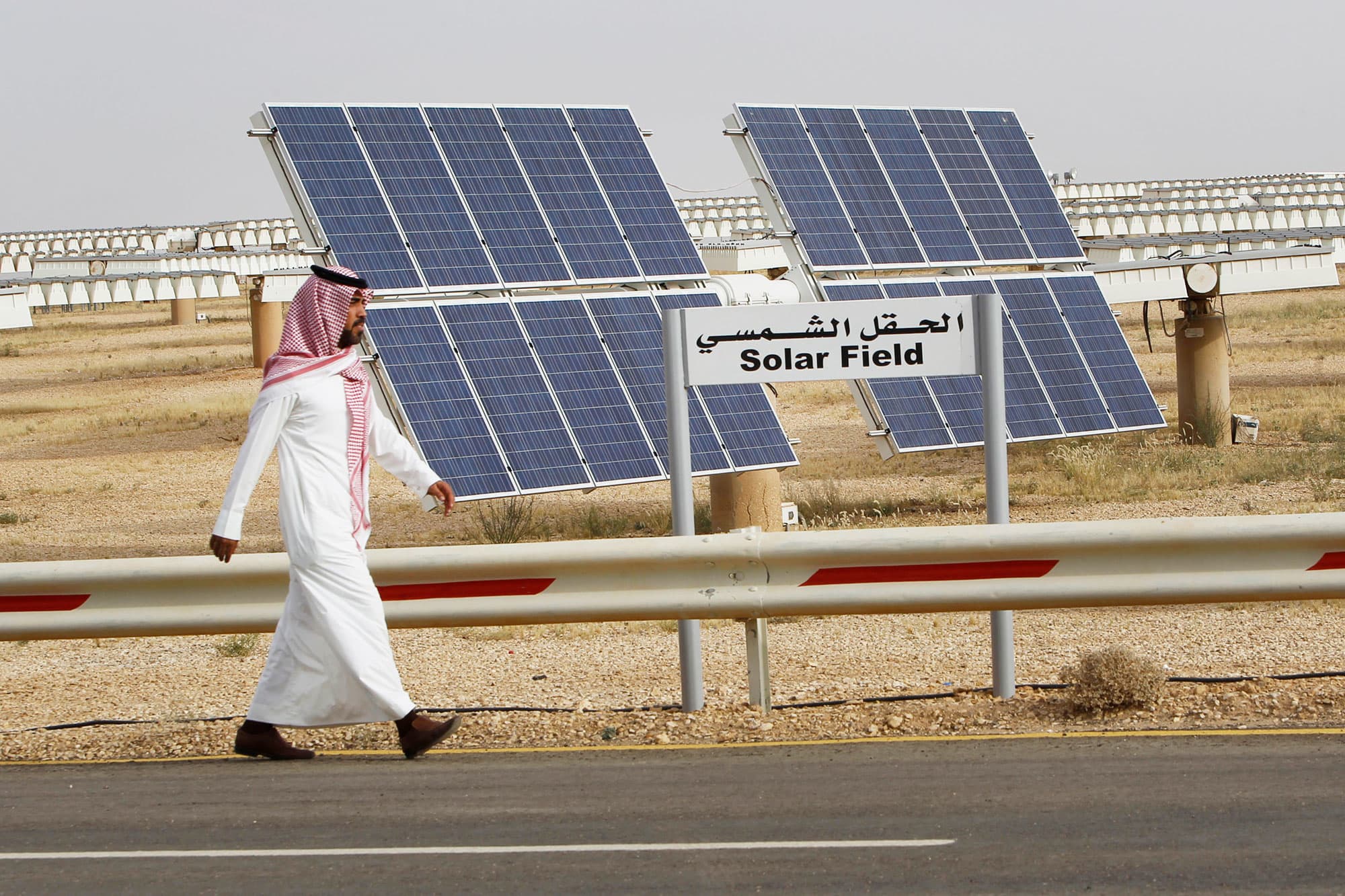

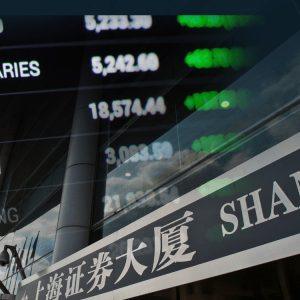


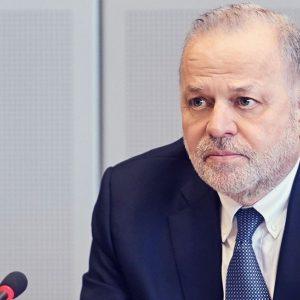
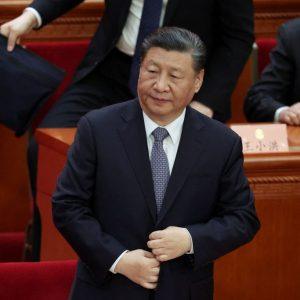
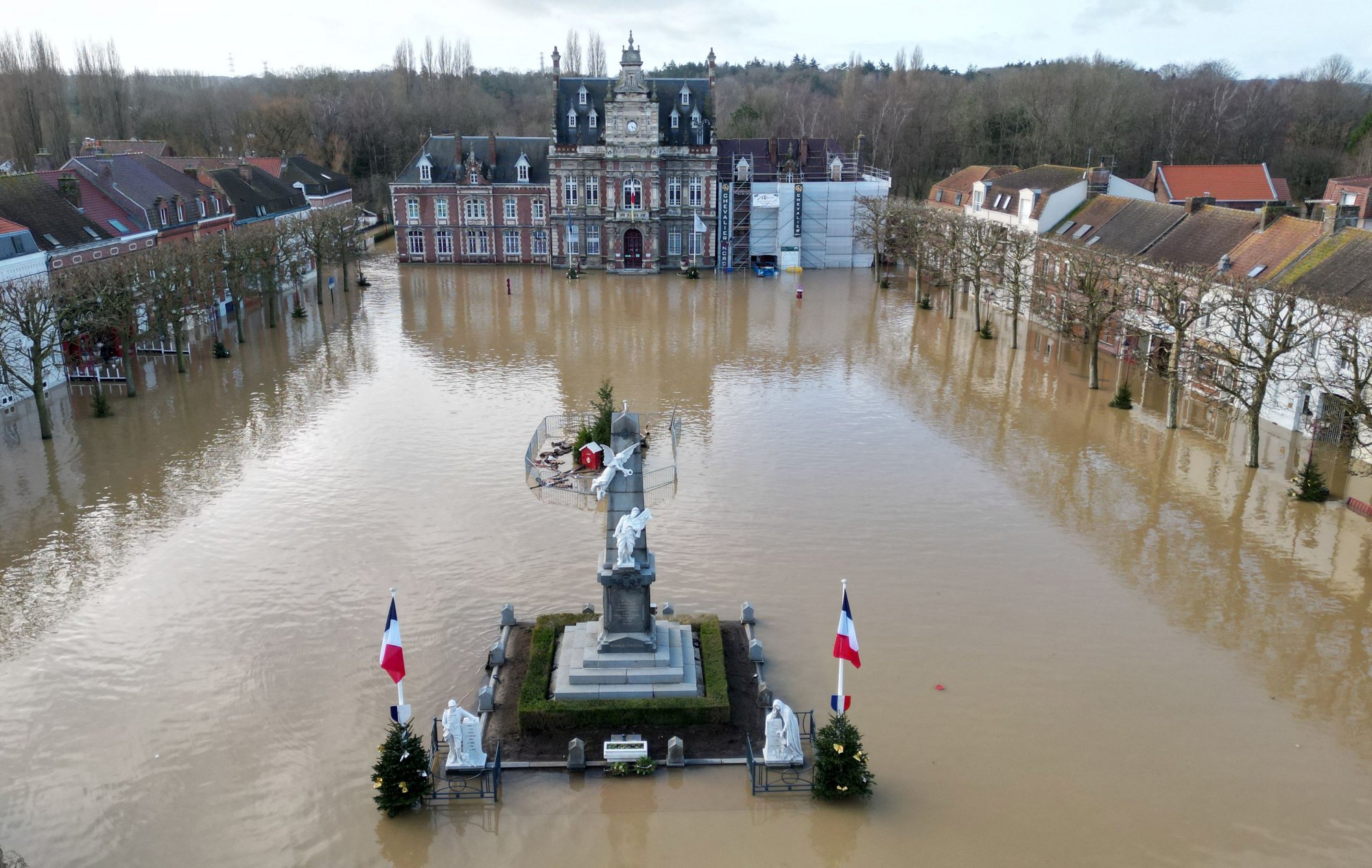


![Εξοχικές κατοικίες: Πόσο κοστίζει το τ.μ. σε Μύκονο, Σαντορίνη και Πάρο [γραφήματα]](https://www.ot.gr/wp-content/uploads/2025/07/14_07_ot_exoxika_EXO.png)
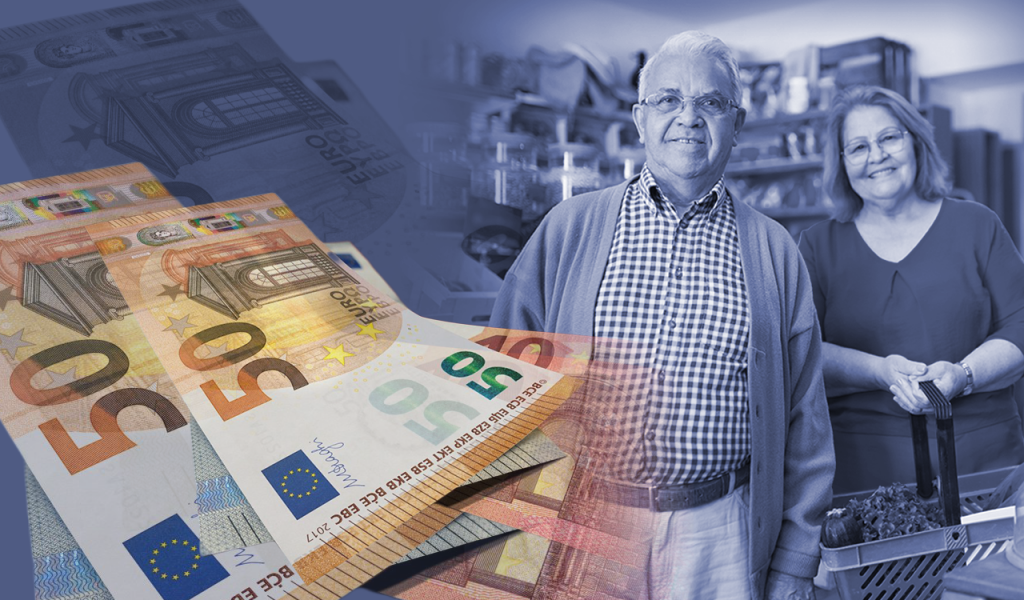

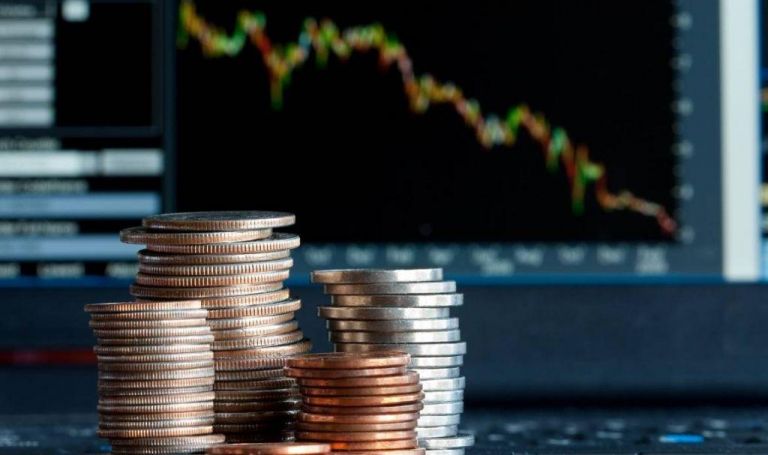


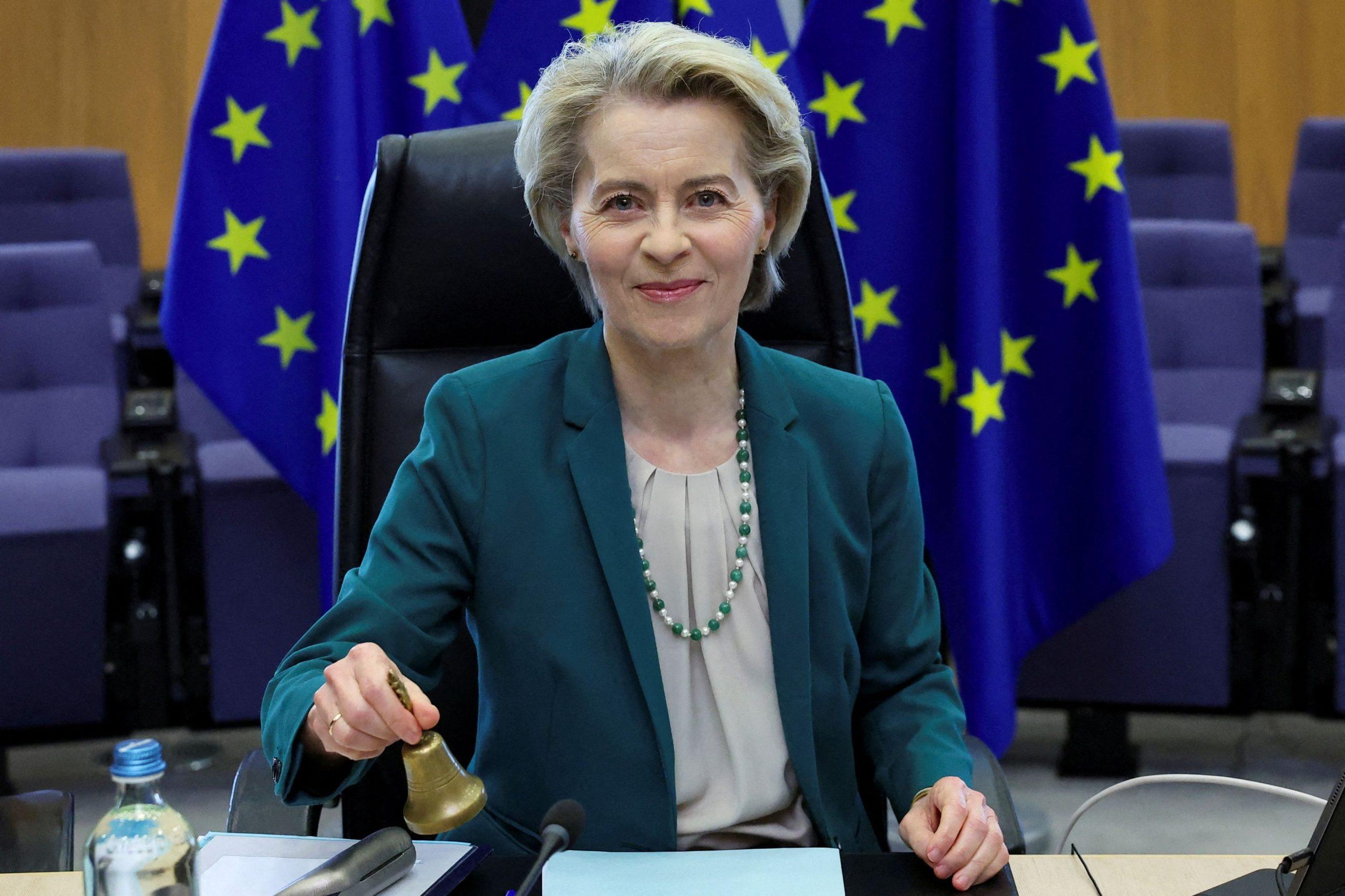
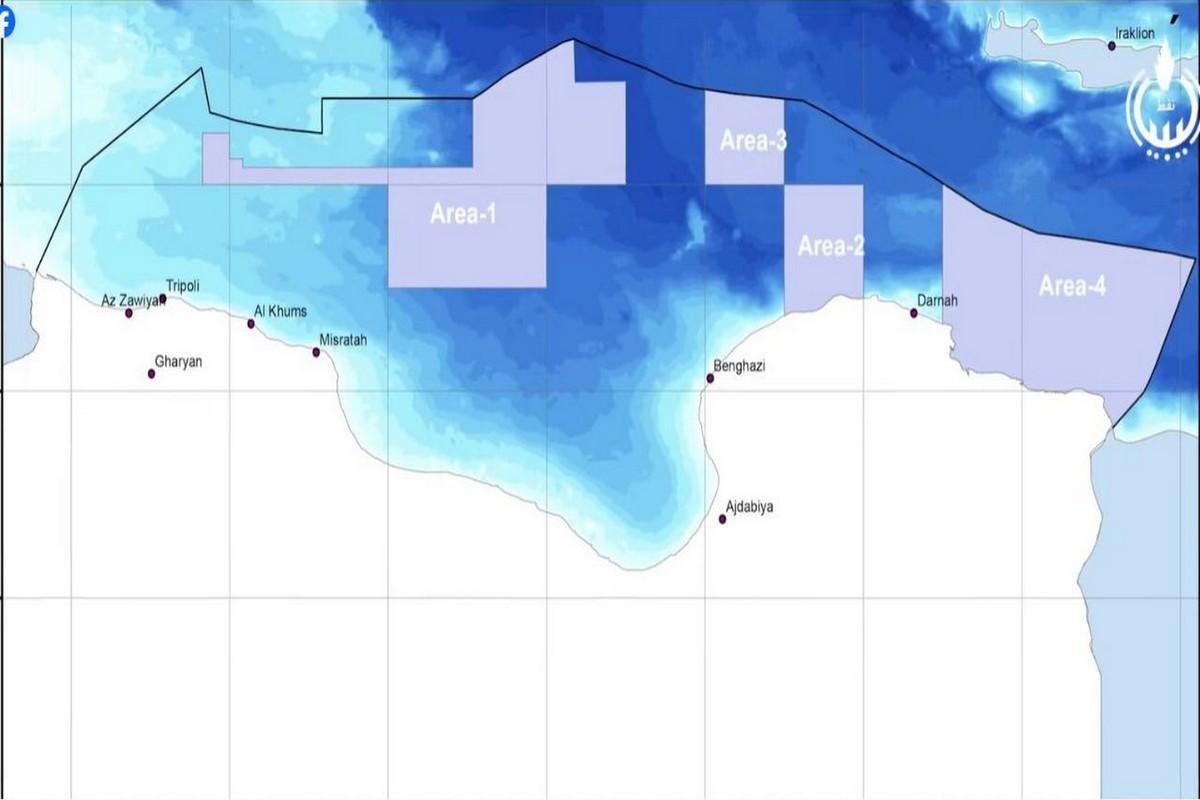

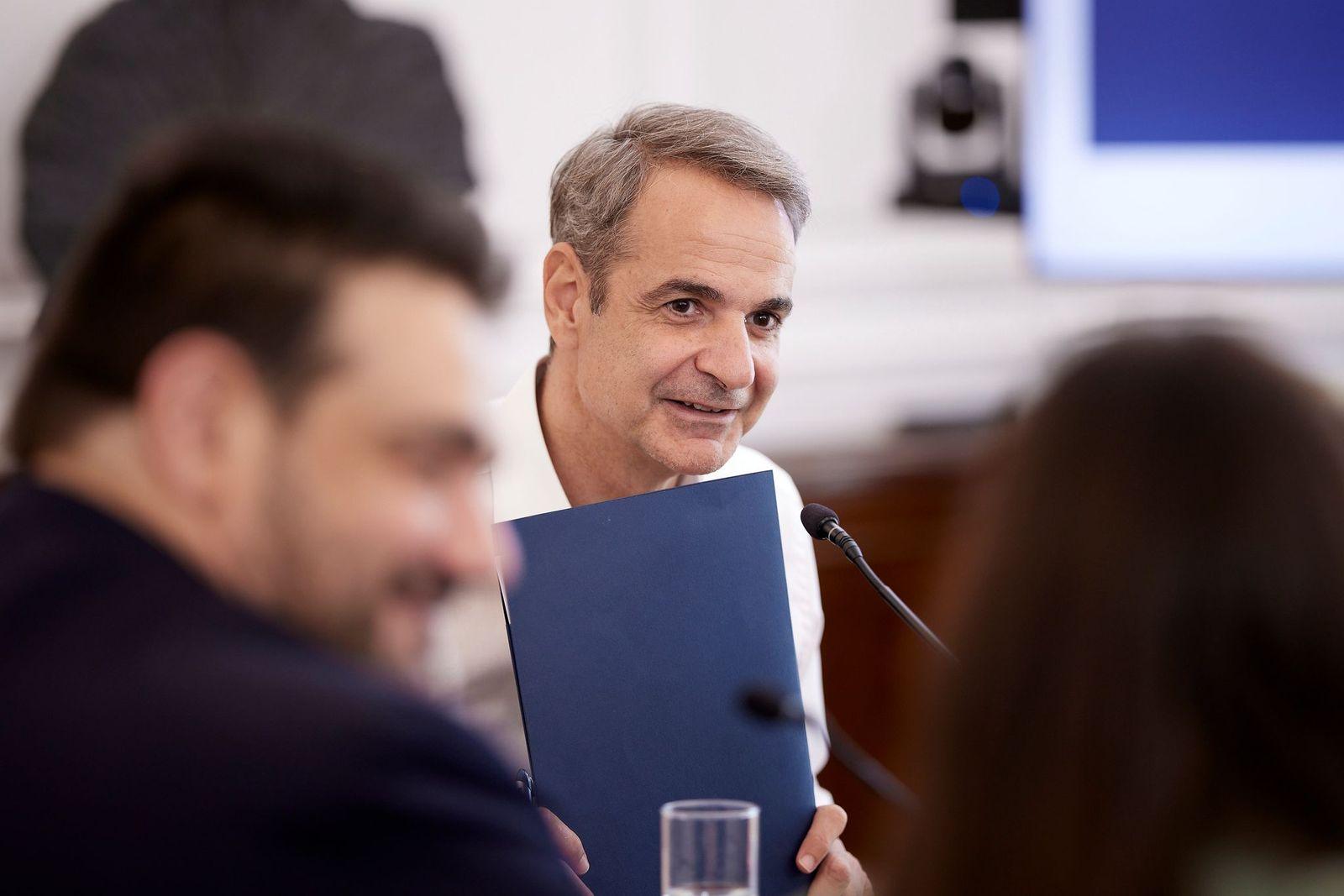
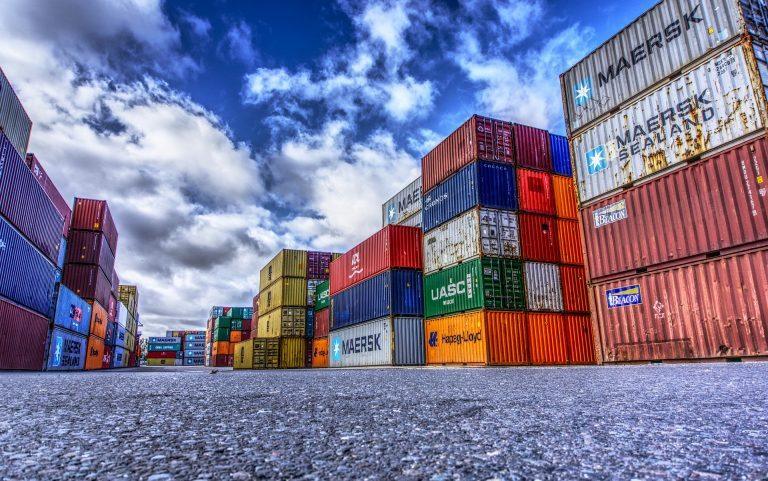


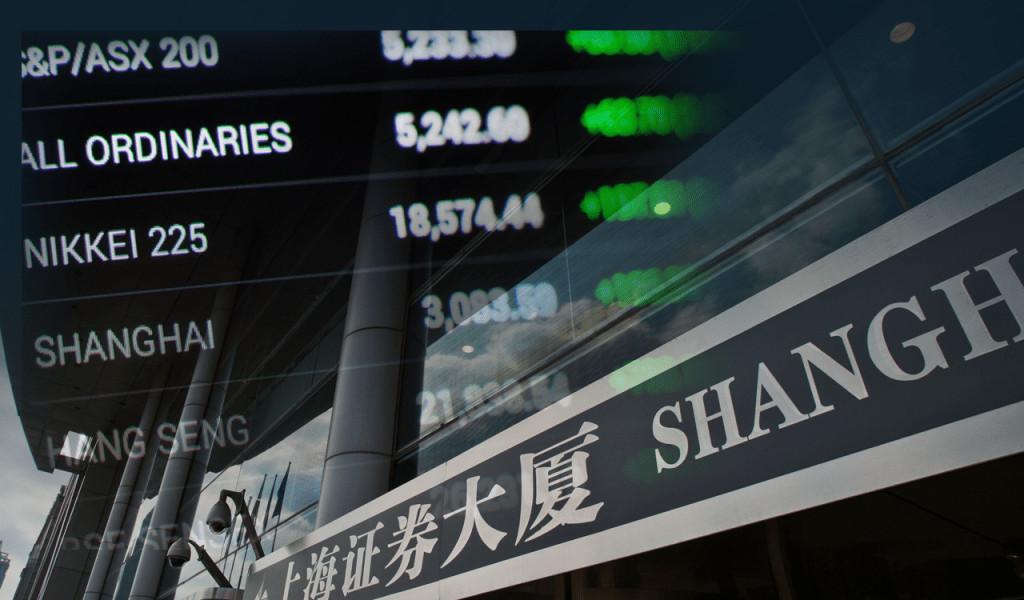
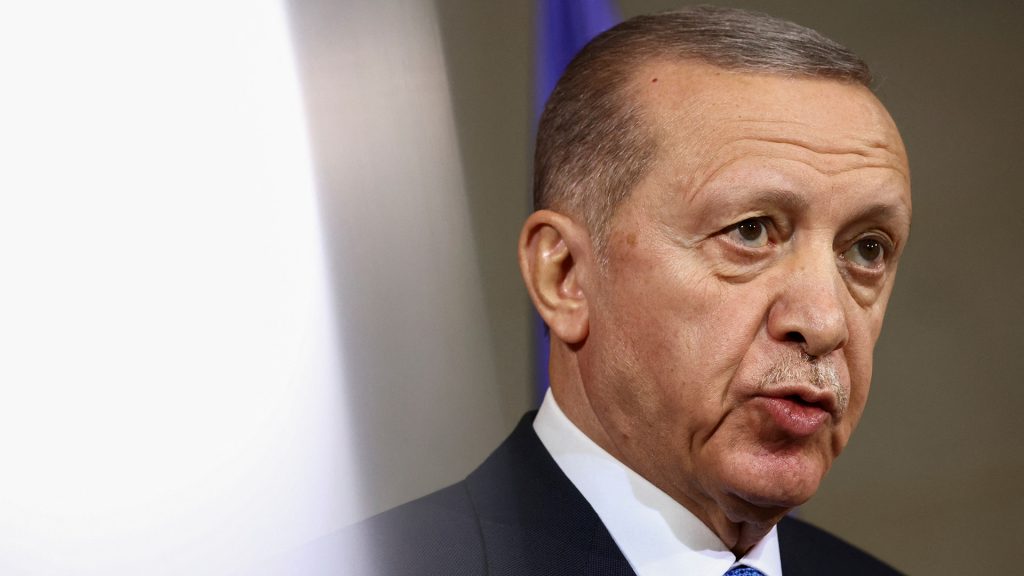

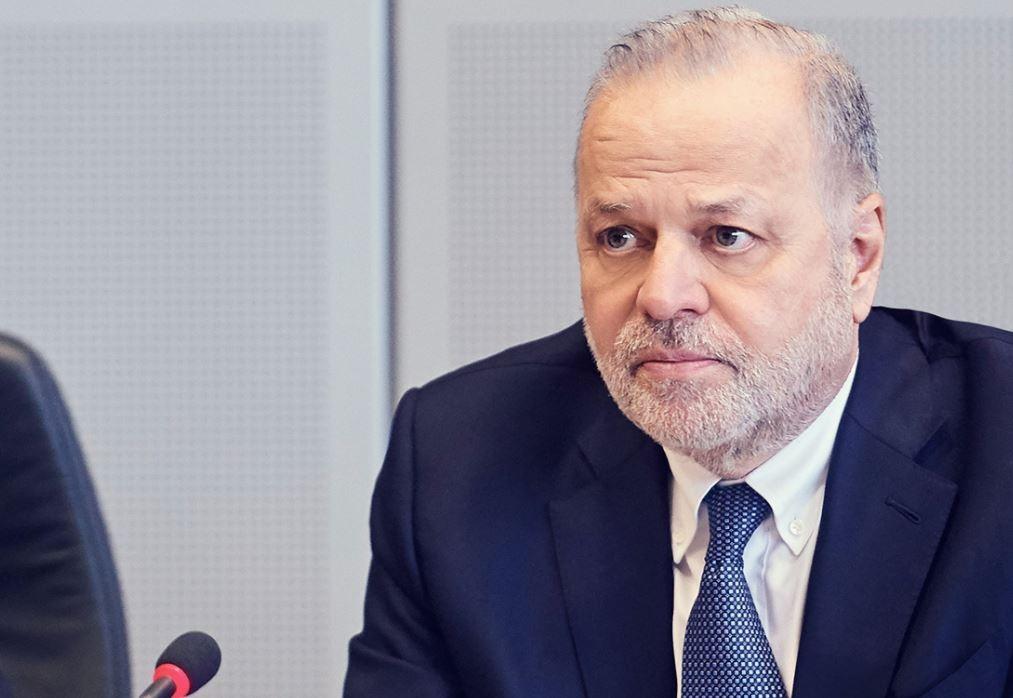
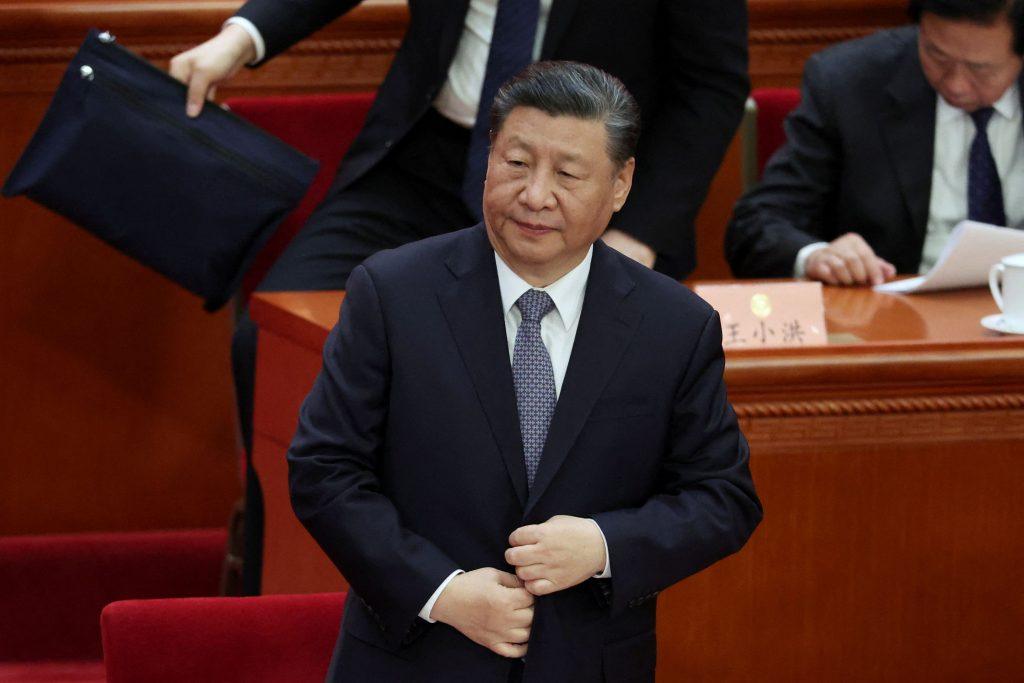

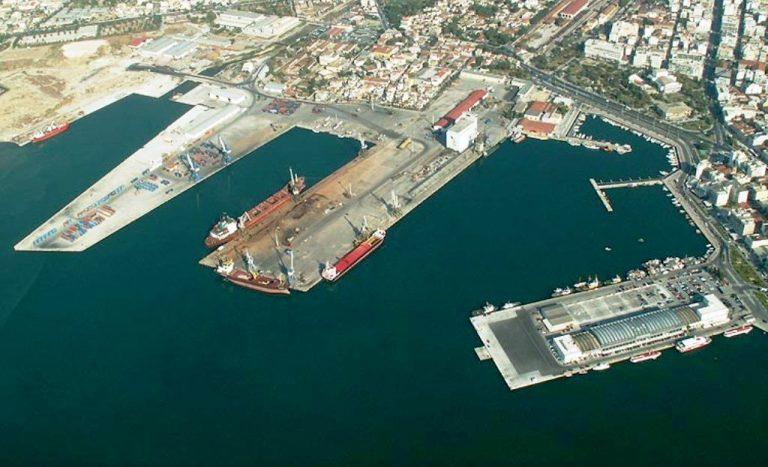
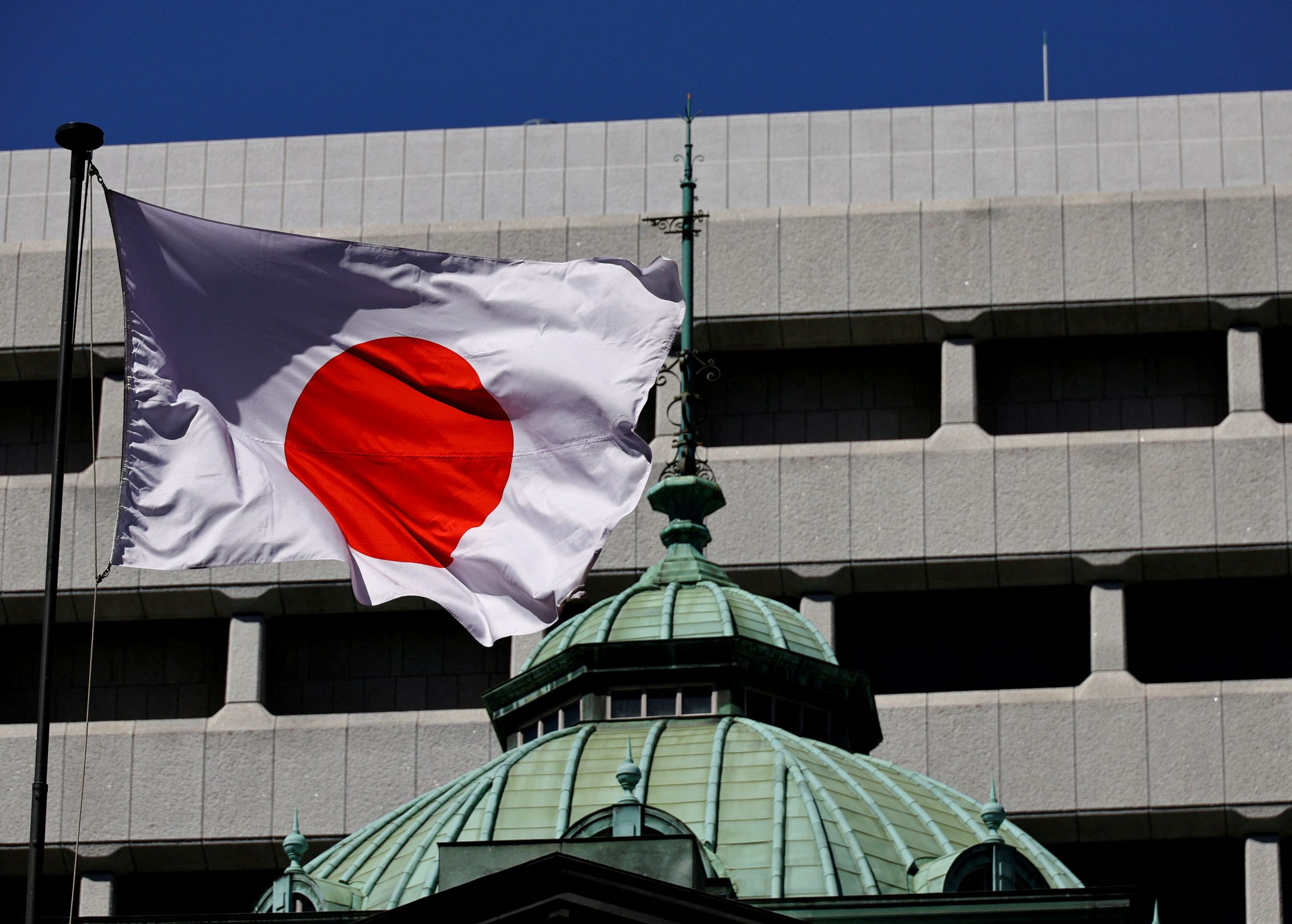
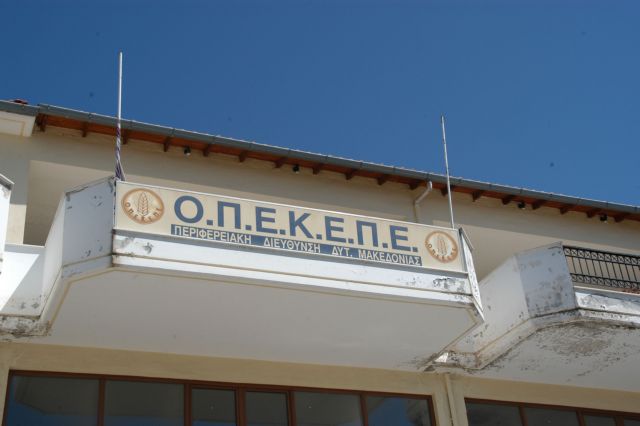
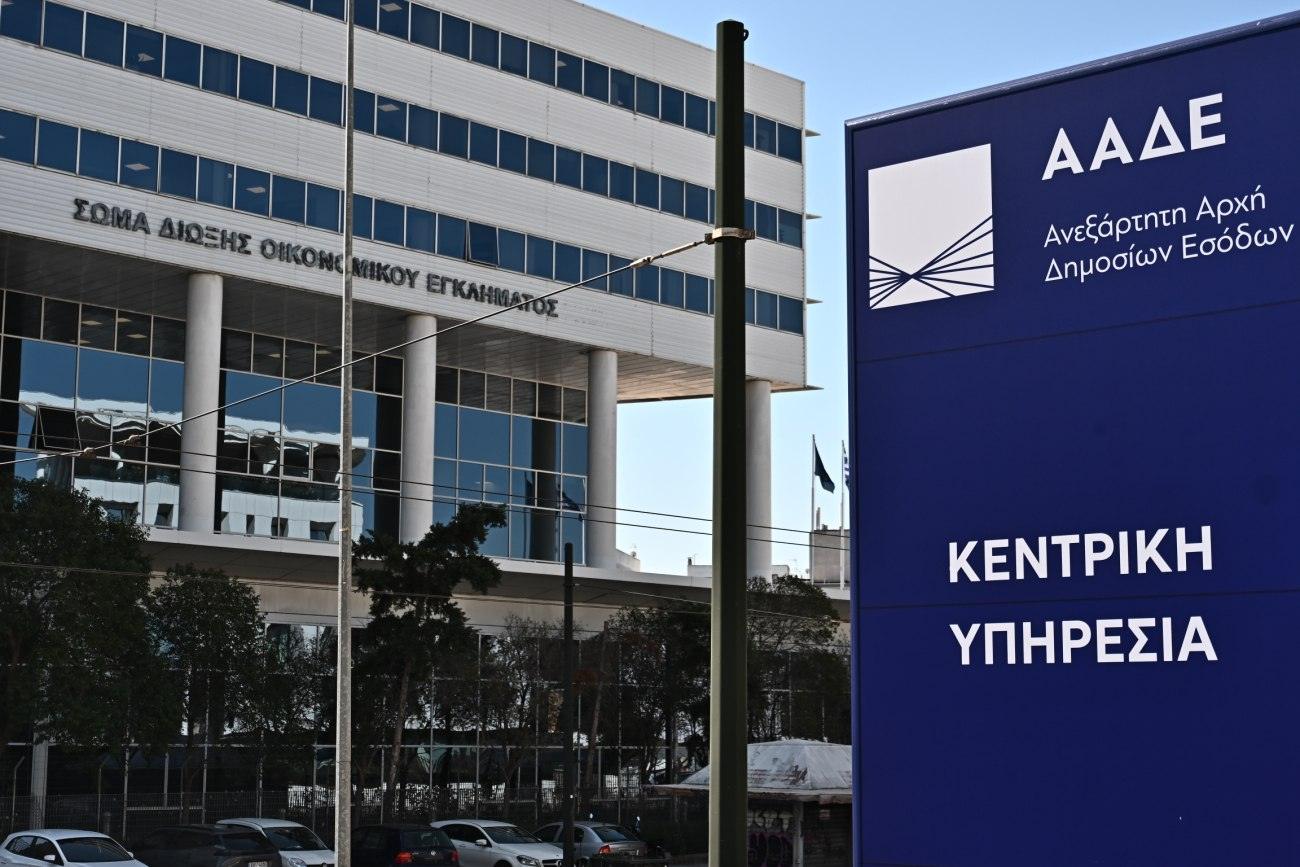
![Ζάκερμπεργκ: «Κυνηγός κεφαλών» για το δικό του εργαστήριο τεχνητής νοημοσύνης [γράφημα]](https://www.ot.gr/wp-content/uploads/2025/07/MARCK-ZUCKBRG.jpg)


